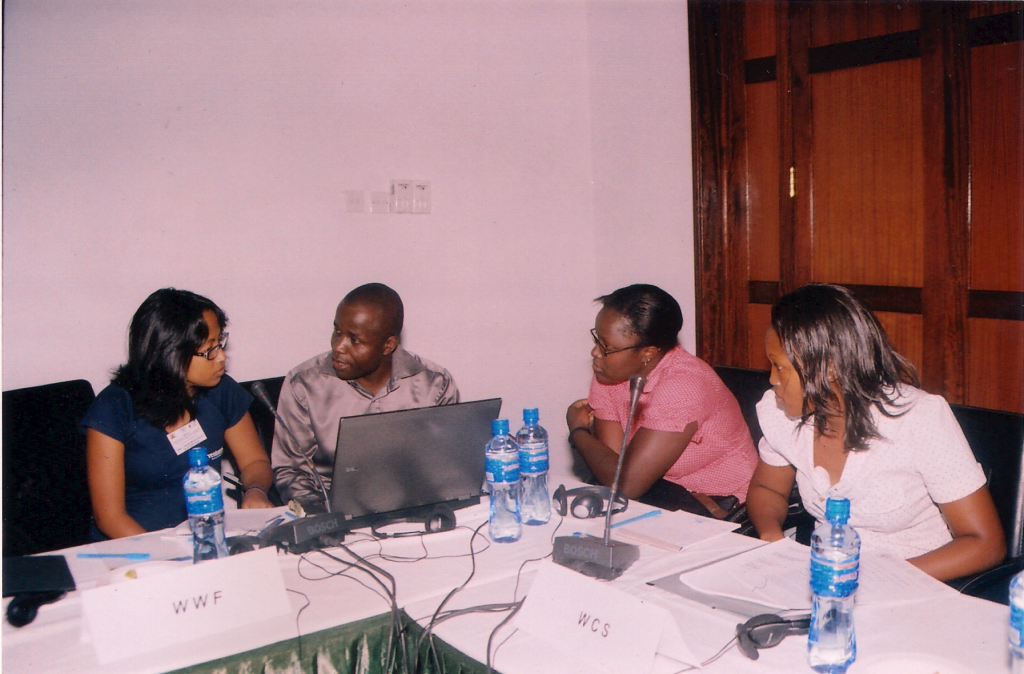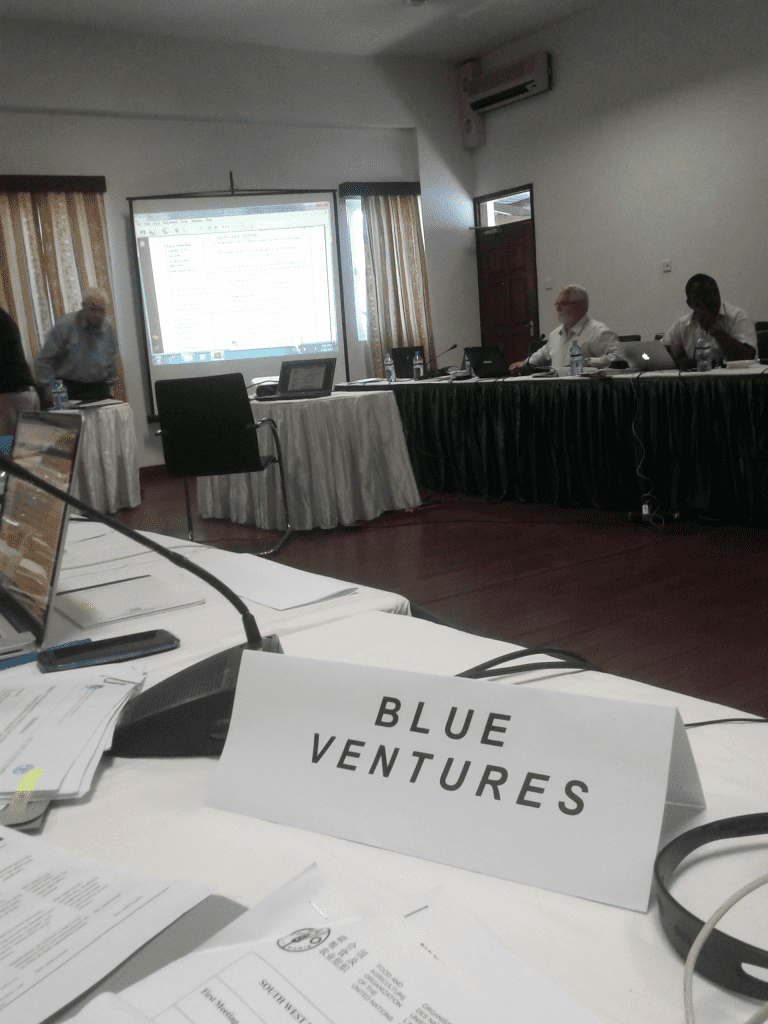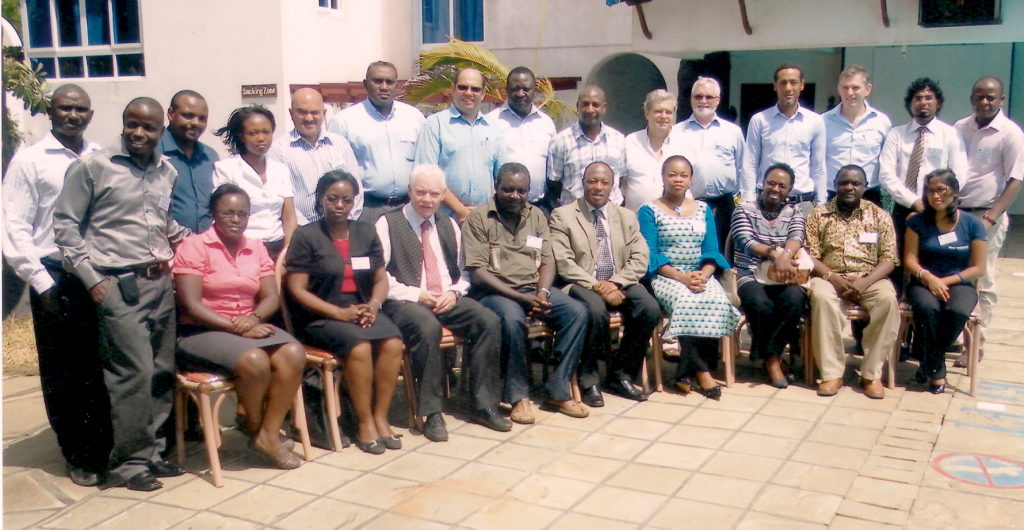by Mialy Andriamahefazafy,Environmental Policy Specialist, Madagascar
Tuna management has always been a major focus for our policy work, even though it may seem like a small piece of the puzzle within our very successful community-based fishery management programme. However, we recently collaborated closely with the University of British Columbia to publish a study on the European Union fishery access agreement with Madagascar, and we were proudly recognised as one of the few NGOs in Madagascar working on tuna. Since 2011, with the support of WWF, we have shifted our focus from Madagascar’s tuna fishery, to include that of the entire western Indian Ocean (WIO). We have done this by helping set up and manage a regional forum on tuna management for civil society organisations and private sector representatives.
As vice chair of the forum, we were invited along with other NGOs as observers of the first meeting of the working party on tuna collaboration and cooperation hosted by the South West Indian Ocean Fishery Commission (SWIOFC), a commission of the United Nations Food and Agriculture Organization. The working party included delegates from Tanzania, Mozambique, Madagascar, Kenya, Comoros, La Réunion and Seychelles. Countries were brought together over three days to share their work on tuna management, with a special emphasis and discussion on the tuna quota allocation system within the WIO.
On the first day we were able to share BV’ policy efforts on tuna. We spoke specifically about our work on fishery partnership agreements, particularly with the EU, and it was impressive to hear from other experts working towards the same goals. After the presentation other coastal countries wanted to know more about our experience with the EU. Surprisingly, we received almost the same reluctant response from an EU member attending the meeting that we received after the publication of our paper on access agreements.
On the following days, all of which were very interesting, we were able to analyse the different proposals for tuna quota allocation systems that came from the EU, Seychelles, Iran, Japan, Sri Lanka and Mozambique. During the discussions we became quite familiar with the proposals and were able to witness the each country’s position. Most of the proposals presented principles on the potential total allowable catch that should be granted to countries. The Seychelles’ proposal was the one that received the most attention and to which most countries expressed their support for its principles. Indeed, the Seychelles proposal presented a precise formula for allocation that takes into consideration not only the historical catch of tuna in the western Indian Ocean, but also the status of coastal states that have a very small or non-existent national fleet fishing tuna in national waters and or the high seas.
As it was the first meeting of the SWIOFC, it seemed country representatives were a bit uneasy to have NGOs observing their working session. However, we were able to express our views and recommendations to the working party and hopefully from now we will be able to work hand in hand in order to have an appropriate quota allocation system and improve the management of tuna in the WIO.




